 The Children's Writer's Guild
sections
search
about
posts
features
reviews
The Children's Writer's Guild
sections
search
about
posts
features
reviews


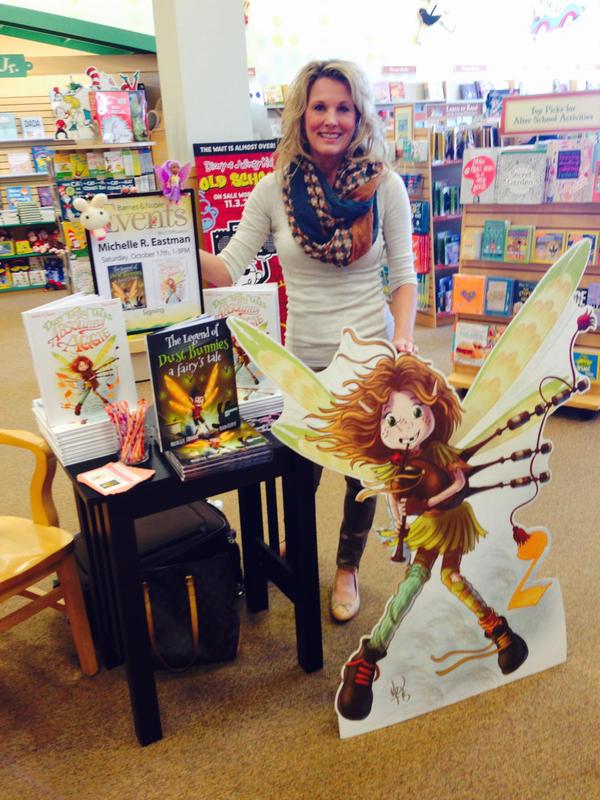
Join us as contributor Söndra Rymer interviews picture book author Michelle Eastman!
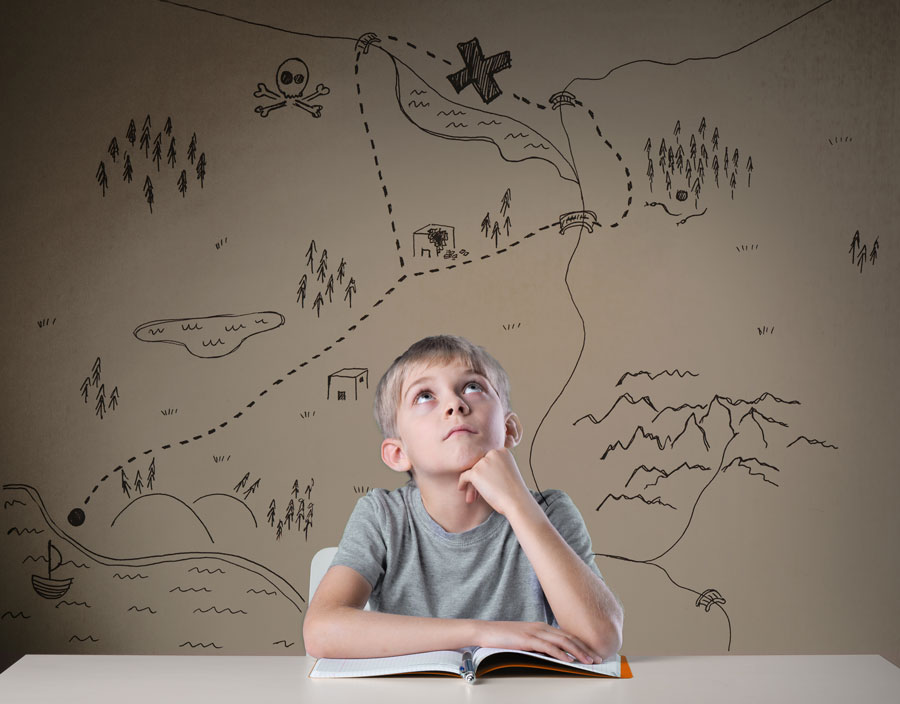
We often end up preventing our kids from doing things we think they will fail at, but there are benefits to allowing children to feel uncomfortable emotions.

Journaling can be a deeply rewarding and important exercise, both personally and professionally.

After long writing sessions, gluing yourself to the computer, falling asleep with your face inside of the dictionary... it's time to find an editor!
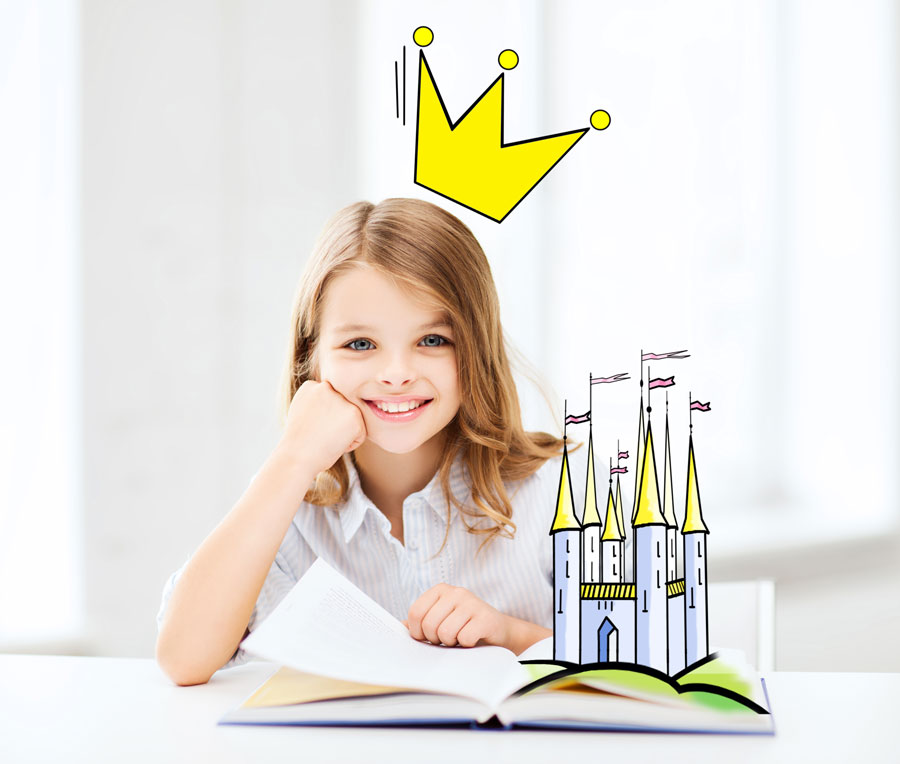
Despite the fact that I may be bored reading the same picture book over and over again, my 3 year old is learning valuable pre-reading skills by listening to the same story more than once.
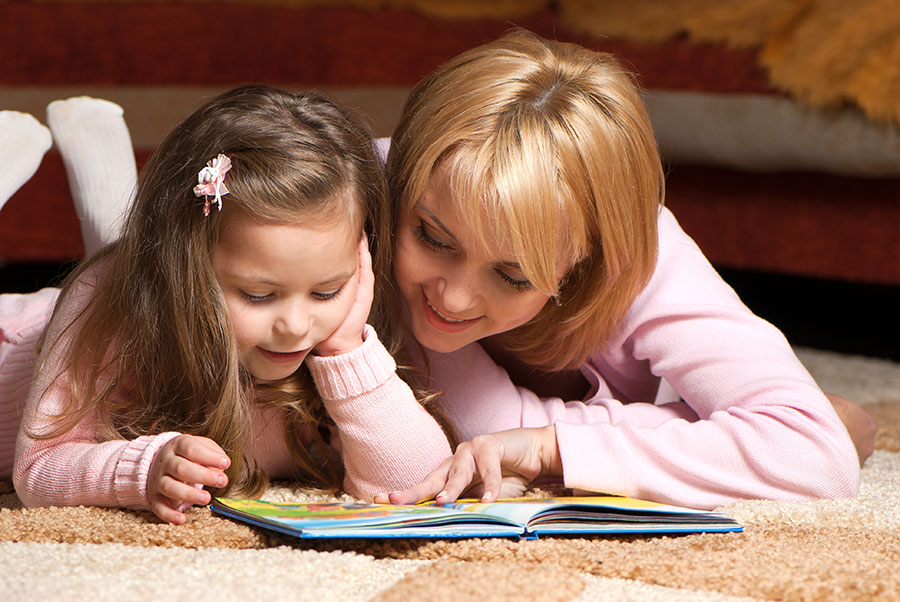
The bond of reading together is enjoyable to both you and your children, and connects you in a beautiful world together.

It took me some time to learn that critiques of my work are not about me, but about my writing.
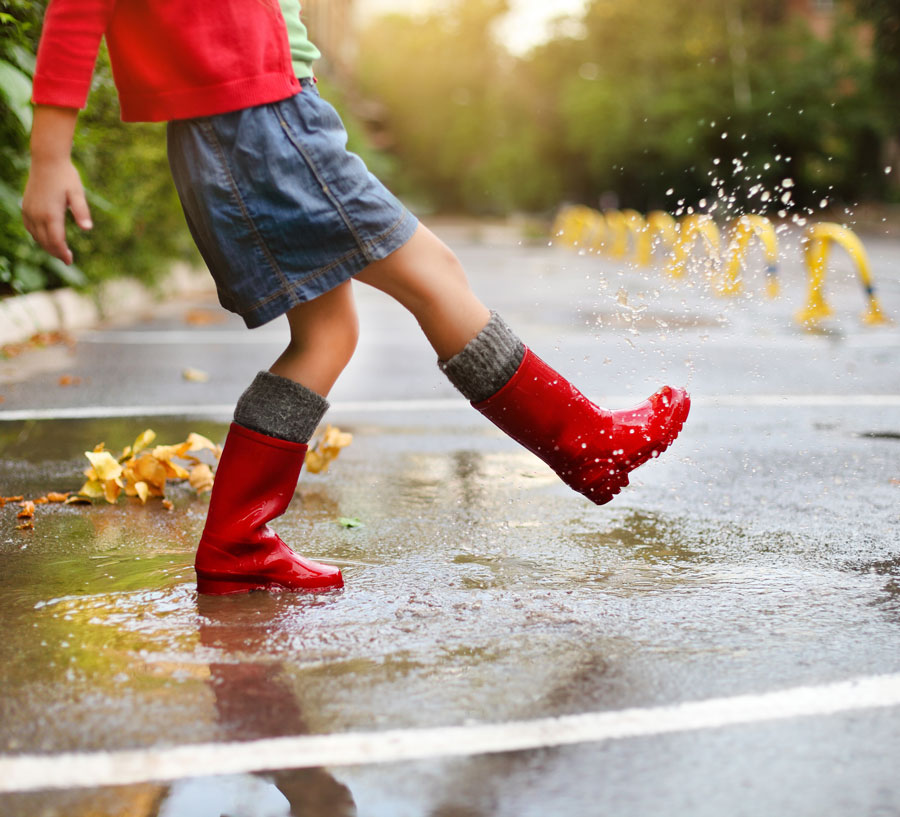
Does your writing sound "too adult?" Do you struggle to figure out how a child or teenager would think and act? Try these exercises!
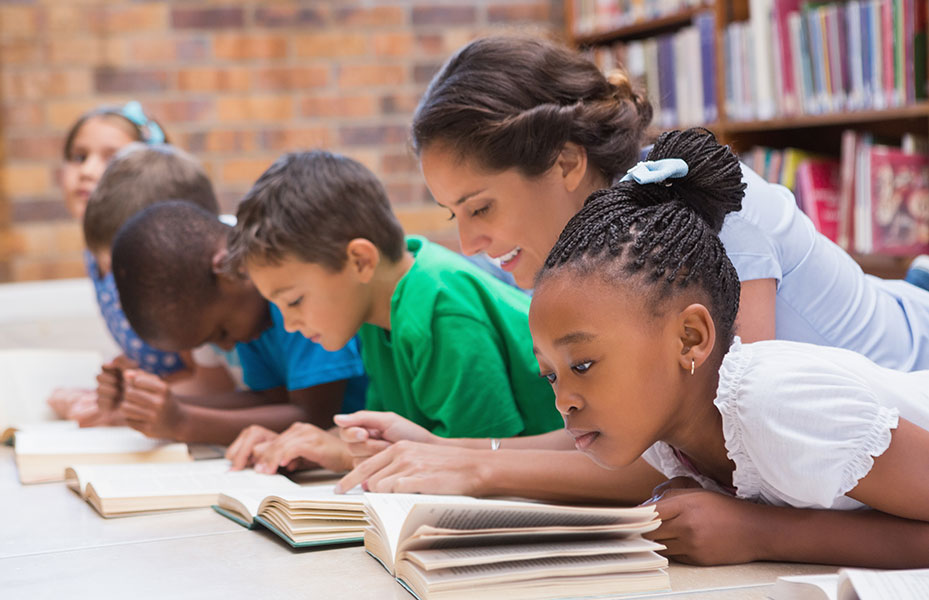
Writing for children is different from writing for adults in a few important ways. One issue is the need to consider reading level.

My book journey started with a vision—clear objectives and an end goal in mind. And so should yours.
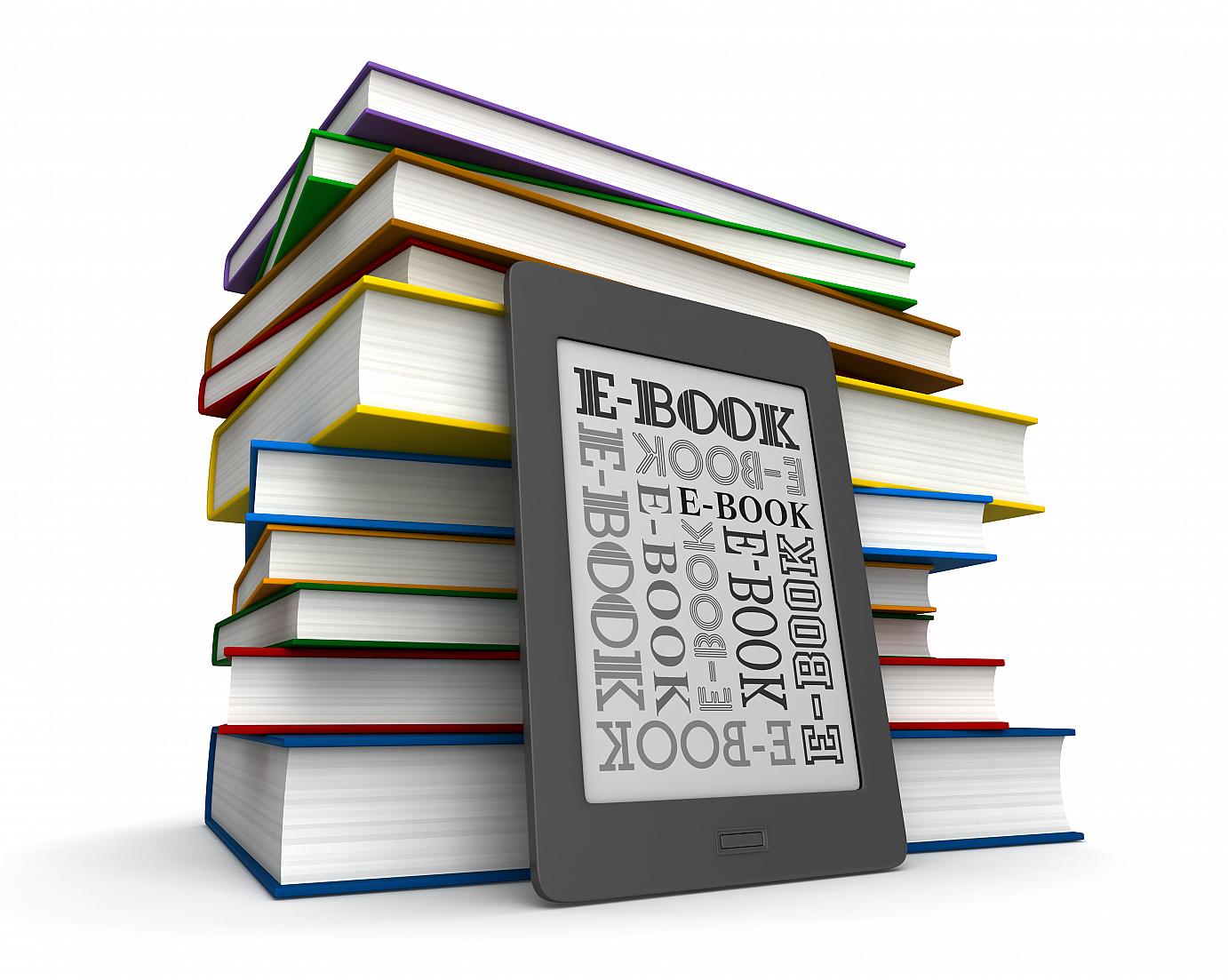
Kids are fascinated with the complexity, simplicity, and the overall function of technology... so why not use this to our advantage?

In this edition of What's Up, Doc?, Dr. Gretchen LaSalle discusses an issue that's skin deep–and anything but shallow!
